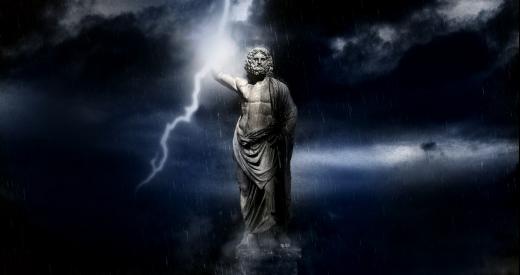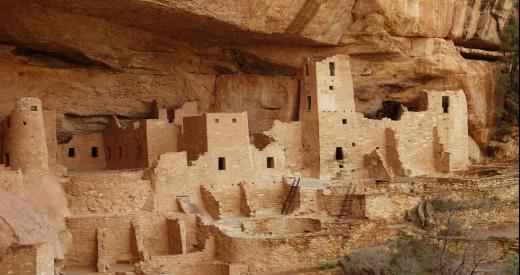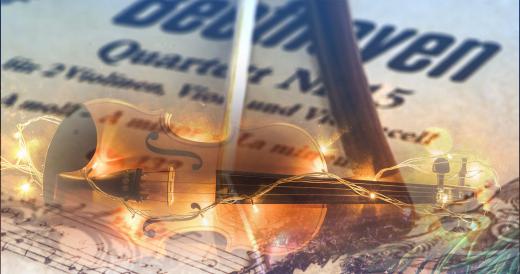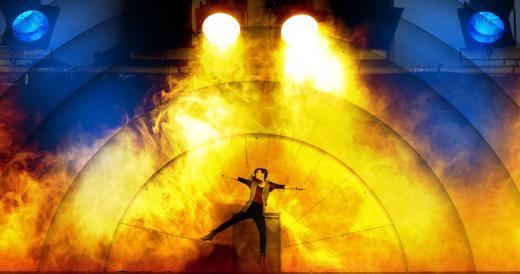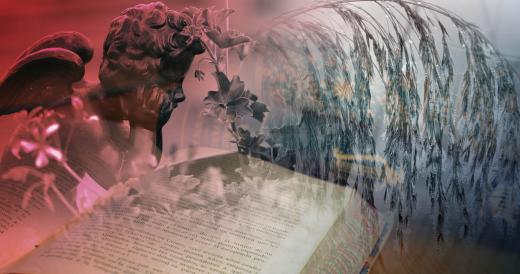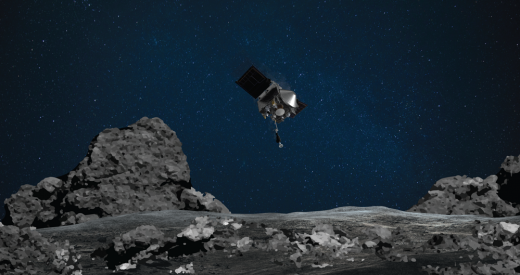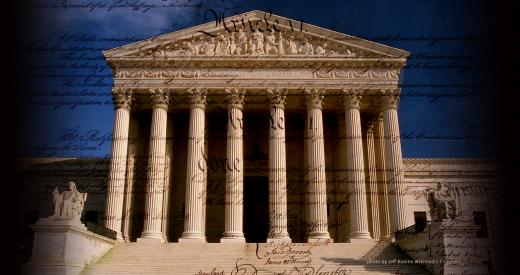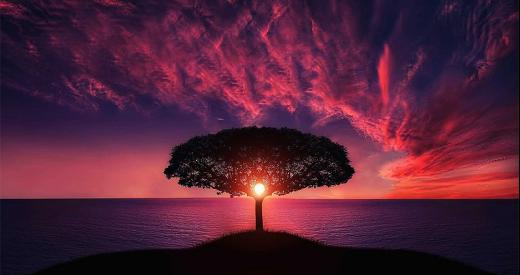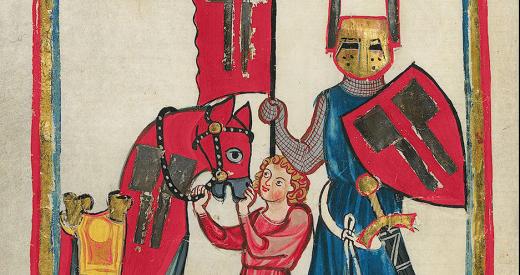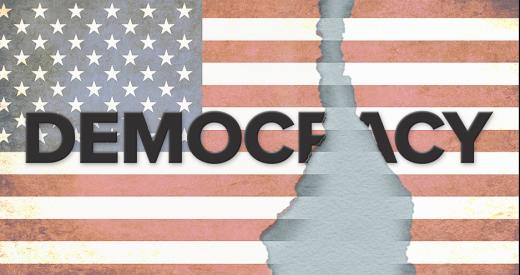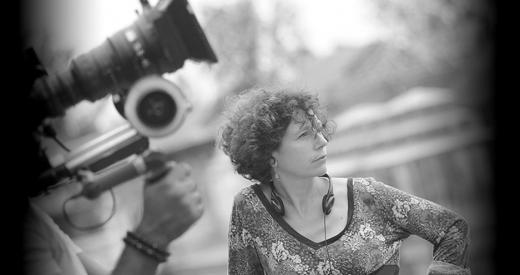Course Archive
Spring 2021
Mary Voyatzis, David Gilman Romano
Mondays
10 AM - 12 PM (AZ Time)
Mar 15 to Apr 5
This course was originally scheduled for Spring 2020 but was postponed due to COVID-19
Since 2004 the University of Arizona has been excavating at the sanctuary of Zeus on Mt. Lykaion, known as the “Birthplace of Zeus.” High in the Arcadian mountains of Greece, it has yielded remarkable discoveries over the last 15 years. Human activity at its ash altar began in the Neolithic period (4th millennium B.C.) and continued into the Hellenistic period (about 200 B.C.). An important Mycenaean shrine also sat at the southern peak of the mountain around 1500 B.C., as well as a Sanctuary of Pan and...
E. Charles Adams
Tuesdays
10 AM - 12 PM
Feb 2 to Mar 2
This course was originally scheduled for Spring 2020 but was postponed due to COVID-19
Many of us are familiar with and may have even visited the seemingly mystical places in the Four Corners of the U.S. Southwest on the Colorado Plateau, including Mesa Verde, Chaco Canyon, Canyon de Chelly, and many more. These were the long-ago homes of people we know as Pueblo, who began farming in the region 4,000 years ago. Their descendants – the Hopi, Zuni, Acoma, and Rio Grande Pueblos – retain strong spiritual connections to these places told in oral histories passed through generations. Together we...
Jay Rosenblatt
Mondays
10 AM - 12 PM (AZ Time)
Feb 1 to Feb 22
This past year we celebrated the 250th anniversary of the birth of Ludwig van Beethoven. He was one of the great masters of the Classical and Romantic eras in music, and aside from the symphony, no genre summarizes his achievement better than the string quartet. These sixteen works are spread evenly throughout his early, middle, and late styles. In our four class sessions we will devote the first to an overview of Beethoven’s life and career, with the following three each covering one of his stylistic periods. It is not necessary to read music for this class, and excerpts from Beethoven’s...
Christie Kerr
Thursdays
1 PM - 3 PM (AZ Time)
Jan 28 to Apr 8
Since it first appeared in the dance world, tap dancing immediately enchanted the public in North America, becoming a vital part of jazz music culture and broader mainstream musical culture. Its staccato and style are homegrown. Come explore the history and significance of the American art form of tap dance. Tap has evolved through the years thanks to many significant tap dancers and choreographers. Each week we will discuss different tappers and their contributions to the dance world. Examples and video footage of these dancers will be shown and discussed. Readings will enhance learning as...
Peter Medine
Wednesdays
9 AM - 12 PM (AZ Time)
Jan 27 to Apr 7
A lyric poem is a relatively short statement in verse, usually in the first person, and deals with emotionally charged subject matter, such as unrequited love, personal loss, celebration, or even philosophical meditation. This seminar will address itself to lyric poems in English from Shakespeare to Yeats, among others. Each seminar meeting will analyze a half dozen lyrics and examine such rhetorical devices as metaphor, rhyme, and meter in an attempt to uncover the poem's unique principle of order. The order expresses literal meaning but is also figurative and musical. The aim ultimately...
Caleb Simmons
Wednesdays
1 PM - 4 PM (AZ Time)
Jan 27 to Apr 7
Images of Hinduism and Hindu deities have been integrated into our collective imagination as part of American popular culture. From the cover of Jimi Hendrix’s Axis: Bold as Love, photos of the Beatles seated alongside Maharishi Mahesh Yogi, the goddess on the cover of the first issue of Gloria Steinem’s Ms. magazine, or even Ganesha on the counter of Kwik-e Mart on The Simpsons, most Americans have a vague idea about the appearance of Hindu gods and goddesses. In this course we will push beyond the layer of popular allusions to Hindu deities to take a deeper look into the mythology that...
Rebecca Senf
Tuesdays
1 PM - 3 PM (AZ Time)
Jan 26 to Apr 6
One of the most influential photographers of his generation, Ansel Adams is famous for his dramatic photographs of the American West. This course focuses on his early career and largely unknown early work. It will demonstrate how these early photographs are crucial to understanding his artistic development and offer new insights into many aspects of the artist’s mature body of work. Beginning with an album from his childhood and ending with his Guggenheim-supported National Parks photography of the 1940s, the course highlights the artist’s persistence in forging a career path and his...
Anna Dornhaus
Mondays
1 PM - 3 PM (AZ Time)
Jan 25 to Apr 12
The brain of an ant is smaller than a pinhead, yet social insect colonies implement effective organization and flexible problem solving at large scales. But their organization is alien to us: no hierarchy or central control(er) guides individual actions. Similar self-organized structures abound in biology, whether in nerve cells forming brains, cellular machinery, or ecosystems. Research on such complex adaptive systems has generated both philosophical questions (does organization emerge “for free”?) and engineering applications (managing an efficient self-organized internet). In this course...
Fall 2020
Dante Lauretta
Friday
6 PM - 8 PM
Nov 20
Dante Lauretta is principal investigator of the OSIRIS-REx mission and a professor of planetary science at the University of Arizona’s Lunar and Planetary Laboratory. His research interests focus on the chemistry and mineralogy of asteroids and comets, and he is an expert in the analysis of extraterrestrial materials, including asteroid samples, meteorites and comet particles. The OSIRIS-REx mission will be traveling to Bennu, a carbon-rich, near-Earth asteroid. The spacecraft launched on September 8, 2016, and rendezvoused with Bennu in 2018. Reconnaissance of the prime sample site...
Bruce Seligmann
Mondays
6 PM - 8 PM (AZ Time)
Oct 26 to Nov 23
This course explores why the adage “it is in my DNA” is so true. Our experiences change our very DNA and affect how we react and behave, so that small differences we never noticed make one person at high risk for disease, another not. We will also discuss how forensics now uses DNA to construct an image of a suspect, and how small differences in DNA are routinely used in agriculture to identify the best breeder animals. The course next looks at what science is learning about how RNA modulates DNA to regulate function of our cells and how medicine can direct the modification of DNA to cure...
Greg Sakall
Friday
6 PM - 8 PM (AZ Time)
Oct 23
Online Registration Opens: Monday, October 12, 2020 at 8 AM (AZ Time)
A Review of the 2019-2020 Term & Preview of the 2020-2021 Term
The Supreme Court’s last term dealt with issues of abortion, Second Amendment, sex discrimination, religion, and the weight to be given to the Court’s prior decisions. The upcoming term will have cases involving the Affordable Care Act and religion. The discussion will focus on a review of the 2019-2020 term and preview of the 2020-2021 term. In light of the passing of Justice Ginsburg, the discussion will also address how a new justice may affect how the...
Lars Fogelin
Wednesdays
1 PM - 3 PM (AZ Time)
Oct 7 to Nov 4
Religion is often viewed as among the most intangible aspects of culture. Yet, from cathedrals to pyramids, some of the largest and longest-lasting monuments of past societies are religious. Today people throughout the world continue to worship in, make pilgrimages to, and fight over sacred places. This class introduces students to the study of religion through the techniques of anthropology and archaeology. Specifically, we examine in detail the ways that sacred places reflect and shape the religious world of the people who create and use them. The key idea is that sacred places are not...
Albrecht Classen
Tuesdays
10 AM - 12 PM (AZ Time)
Oct 6 to Nov 3
In life we search for God, spirituality, meaning, or identity. In medieval Italian literature Dante did this best in his Divina Commedia. In medieval German literature Wolfram von Eschenbach’s Parzival did the same. This course examines his monumental Grail romance and probes what Wolfram said about human existence in material and spiritual terms. Studying Parzival will help us see a central spiritual path through life, where joy and sorrow, death and new life, love and hatred are the core of the human struggle. Wolfram will be our guide, a profound voice from the Middle Ages, still relevant...
Charles Scruggs
Tuesdays
1 PM - 3 PM (AZ Time)
Oct 6 to Nov 3
August Wilson left as his legacy a ten-play cycle that documents each decade of the 20th century in terms of the African American experience. In his plays Wilson adeptly explores key historical moments in the so-called “American Century.” The course begins with Gem of the Ocean whose setting (1904) depicts the diaspora after the slaves have been set free. The last play in the cycle, Radio Gulf, is set in 1997 and focuses on the new Black middle class. In between we will read his brilliant Ma Rainey’s Black Bottom (1920s) and The Piano Lesson (1930s), in addition to the other plays in the...
Thomas P. Miller
Mondays
10 AM - 12 PM (AZ Time)
Oct 5 to Nov 23
We will step back from the relentless polls and punditry to reflect on the historic challenges of the upcoming elections. Our politics have gone viral as we have entered a postfactual era in which liberal democracy has been reduced to a partisan punchline. We will examine the history of presidential politics to reflect on the impact of the internet, the coming of the new majority, and liberal and conservative worldviews. Those changes have brought us to a point where we cannot hear opposing views. Such points are where democracy often ends, but also where its ends can be reimagined. We will...
Malcolm Compitello
Mondays
1 PM - 4 PM (AZ Time)
Oct 5 to Nov 2
This class examines some of the award-winning films of the Spanish filmmaker Iciar Bollaín, who is among those who began their careers in the mid-1990s. Their work appears against the backdrop of the huge shadow cast by two important and very different sets of circumstances: the rise to international superstardom of Pedro Almodóvar and the consequence of this for the Spanish film industry, and the political shift to the right in Spain that sparked increasing social tension and dissent. Ms. Bollaín’s films weave together an impressive body of work that forms a riveting portrait of the issues...
Thomas Kovach
Thursdays
1 PM - 3 PM (AZ Time)
Oct 1 to Dec 10
This course explores German-Jewish texts starting in the eighteenth century and continuing until the present day. It examines how issues of identity are addressed by the writers, as well as how these writers are viewed by the general (largely non-Jewish) population. Though there is a rich tradition of writings in German by Jewish authors leading up to the early twentieth century and the beginning of the Nazi era, clearly this topic is still overshadowed by our knowledge of the Holocaust. For many Jews throughout the world the notion of a rebirth of Jewish life in Germany was unthinkable, but...
David Gibbs
Thursdays
10 AM - 12 PM (AZ Time)
Oct 1 to Dec 10
Since the end of the Cold War the US has been widely viewed as an imperial power--one having a truly global level of influence with no peer. Instead of colonies the US has hundreds of military bases throughout the world. The "imperial" characterization is now accepted by both supporters and critics of official policy. This class evaluates the genesis of this US empire, beginning with the Cold War in the late 1940s and extending through more recent conflicts with Serbia, postcommunist Russia, and elements of the Islamic world.
The class will stress conflicting interpretations of US policy,...
Mary Beth Haralovich
Wednesdays
10 AM - 12 PM (AZ Time)
Sep 23 to Dec 9
Kill your television. TV is furniture. Film and theater are art. These are the vastly different and competing views on the value of television and its place in society today. When television began, it was on 8-in black-and-white sets. Today it arrives in color and often on personal devices much smaller and far more mobile than those early TV sets. In this seminar we will explore the history of US entertainment television by examining each topic within its cultural context. The story of US television is one of technological progress and the many social movements of the last century. Students...
Charles Tatum
Thursdays
10 AM - 12 PM (AZ Time)
Sep 17 to Oct 15
More than half of the 50 million Latinas and Latinos in the US today are of Mexican descent. Yet their culture and literature are relatively unknown. This course surveys their rich literary tradition from the mid-19th century, first tracing its development through the 1950s. Focus then shifts to the resurgence of Mexican American literature that began in the mid-1960s and continues to our day. Readings include the works of Rudolfo Anaya, Lorna Dee Cervantes, Luis Urrea, Helena María Viramontes, Sandra Cisneros, Gary Soto, Alberto Ríos, and Juan Felipe Herrera. Finally, we look at a younger...


